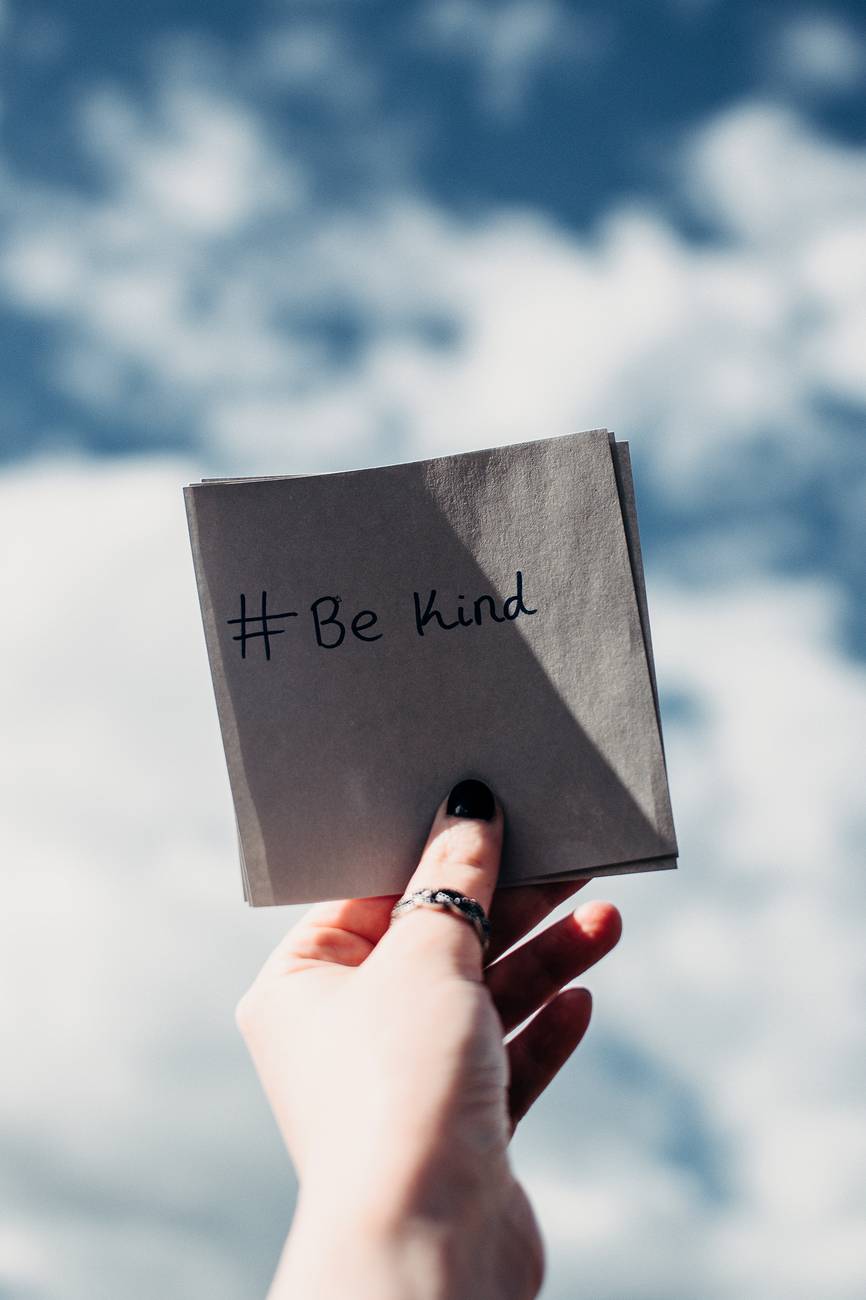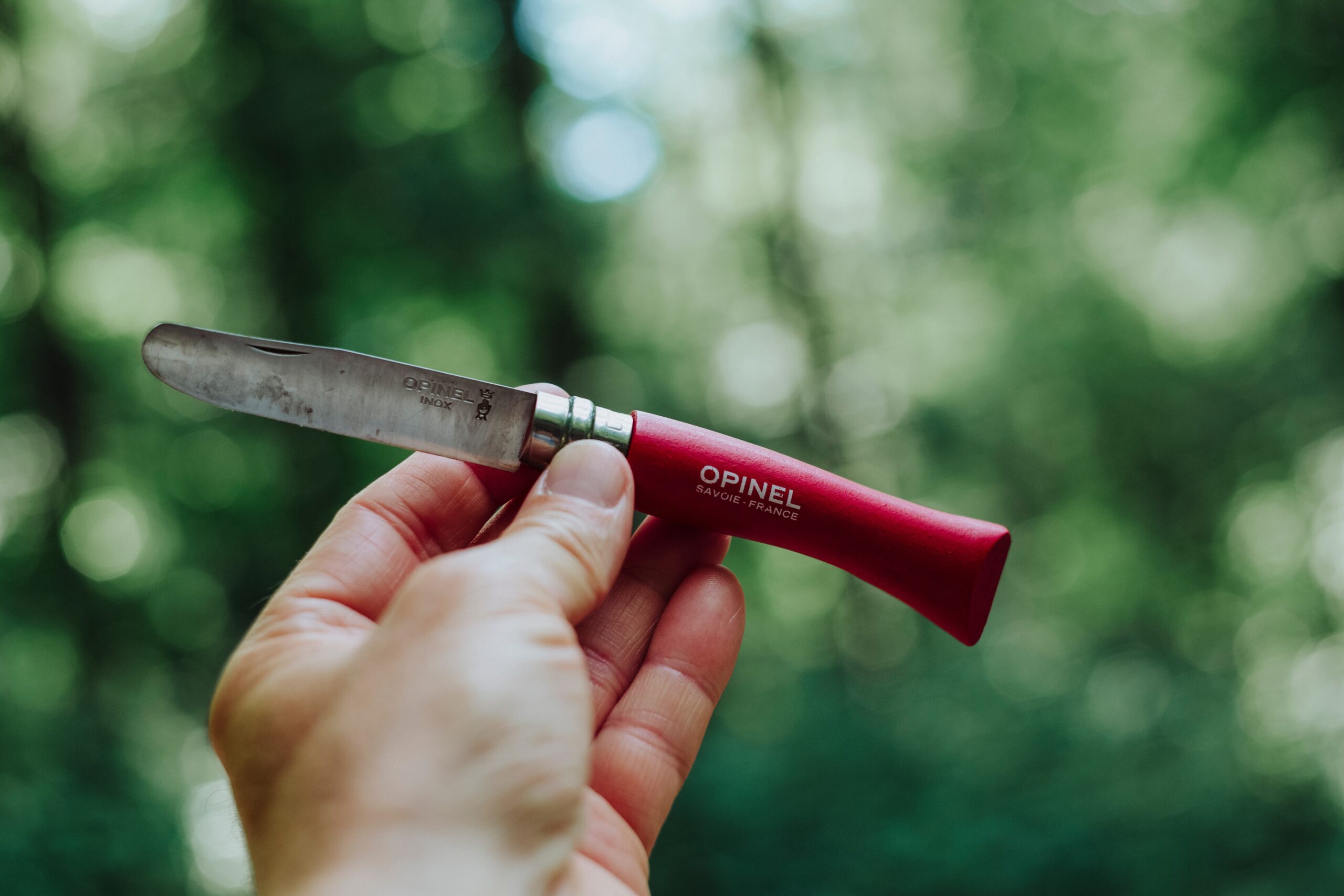
I am writing this blog as an addition to my last podcast episode #20 foodshaming. If you haven’t checked that one out, please do. This is going to be a short blog dear, so my apologies if you were expecting a long one. Food is what unite people and not only at parties or the choices we make around food. Even the problems that we face around food unites us. But somehow in society, they divided us…
I have been helping people with weight loss, weight gain, eating disorders and gaining back their periods. All these people face similair problems. Too much movement, low calorie diets, a lot of stress around food, lost a lot of weight or gained a lot of weight back again. Can’t stop binging, restriction from certain foods and so on!
We learned from society that these groups have certain looks, a certain weight and a certain sets of problems. But that is not the case! A person that is overweight also can have habits of restricting and purging, a person who has an eating disorder and relapses faces the same as a person that lose weight and relapses.
We should take each other problems serious and we should be kind to each other. Otherwise, no improvements can be made on all the sides. Be kind and try nog to judge someone situation. And don’t forget for yourself. Your current situation is not your final destination.
Yours,
Queeny

